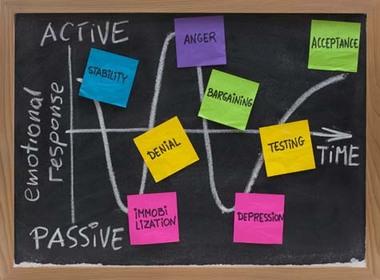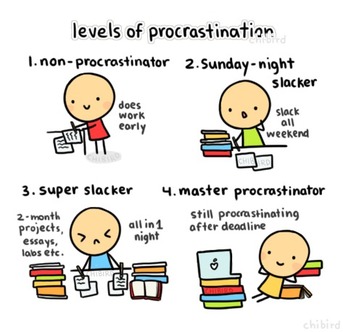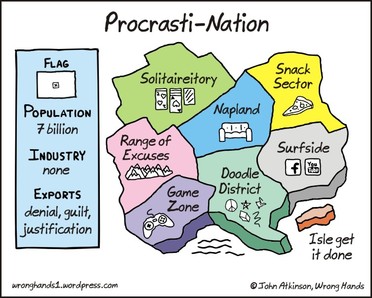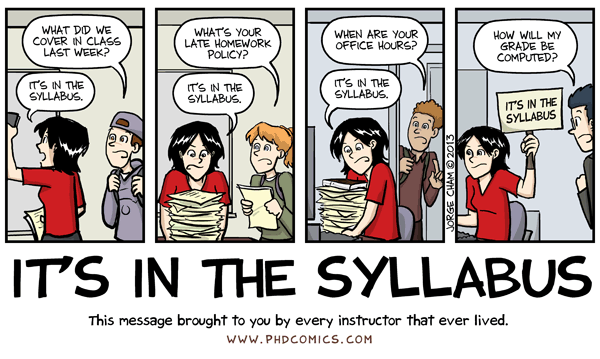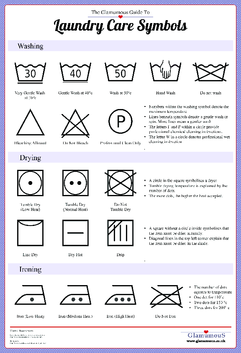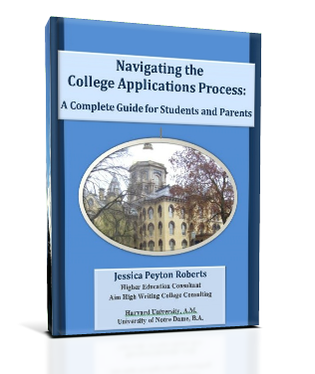But the person who loses her temper also tends to lose control in the negotiation process.
It may be summer, but dealing with potentially contentious situations - financial, personal, or even legal - is a year-round certainty.
Some examples of who you will need to negotiate with:
- Your boss, regarding time off to study or a pay raise
- A roommate, especially if you are new to living together
- A landlord or property manager
- The Financial Aid office over your award offer
- Anyone who has broken a promise that you were counting on
Here are the 6 points for taking control of the negotiation process I came away with:
1. Be Pleasant Up Until (And Only If) You Are Forced To Get Unpleasant
If the other party lashes out, try not to match his or her tone. You have an advantage by remaining cool-headed; this way no one can later accuse you of being aggressive, overemotional, or irrational.
2. Use Inclusive Language
Using I think, I believe, I feel, I understand statements instead of accusatory You did this, You didn't do that is an effective way to make the other person feel you are acknowledging his side of the issue.
After all, the ideal end goal of negotiating is to reach an agreement where both parties feel their most important interest has been protected, even if you have to give in on some of the smaller points.
3. Ask For What You Need
That doesn't mean everyone will jump to assist you, but you will likely elicit a more cooperative response with, "I'd appreciate your help with x, y, and z," as opposed to, "You better do x, y, and z OR ELSE."
4. Figure Out Your Non-Negotiables
Which are you willing to be flexible with? These are your negotiables.
You need to have both. Compromise won't happen if you won't concede on anything, and you digging your heels in on every single point certainly won't inspire the other person to make concessions of his own.
5. Decide How To Communicate
However, if you have any concerns that your problem could become a legal case, you want a paper trail - or at least meticulous notes - detailing any and all forms of communication.
6. Be A Team
Even if you are stressed, don't take it out on the other person.You need each other, and you're stronger as allies than when you're sparring on the side.
If nothing else, having someone on your team will help you better cope with the frustrations, sadness, and anger that might accompany your negotiations with the opposing party.
If you're in doubt about how to successfully negotiate a tricky situation with someone, consult an objective third party (or at least someone who has experienced a similar problem) for ideas.
And keep in mind the golden rule - be pleasant, civil, and cooperative if you want to retain some control over the situation.


